Our History
IAEA was founded at the first international congress in Paris in 1965 by Daniel Berlyne (University of Toronto, Canada), Robert Francès (Université de Paris, France), Carmelo Genovese (Università di Bologna, Italy), and Albert Wellek (Johann-Gutenberg-Universität Mainz, Germany).
Although IAEA has been active for half a century, the domain of experimental aesthetics is much older. It is the second-oldest branch of scientific psychology, traditionally dating from 1876, the year Gustav Theodor Fechner (1801-1887) published his Vorschule der Aesthetik (Preschool of Aesthetics). Fechner, who also is credited with founding psychophysics, established methods for examining aesthetic response to a variety of visual forms, including an exploration of the venerable Golden Section hypothesis.
Since the inception of IAEA in 1965, research on empirical aesthetics has continued to progress, with many pioneers prominent in its membership: witness, for instance, such classic books such as Daniel Berlyne’s (1971) Aesthetics and Psychobiology, Colin Martindale’s (1990) The Clockwork Muse: The Predictability of Artistic Change, or a variety of more recent contributions from IAEA’s current members.
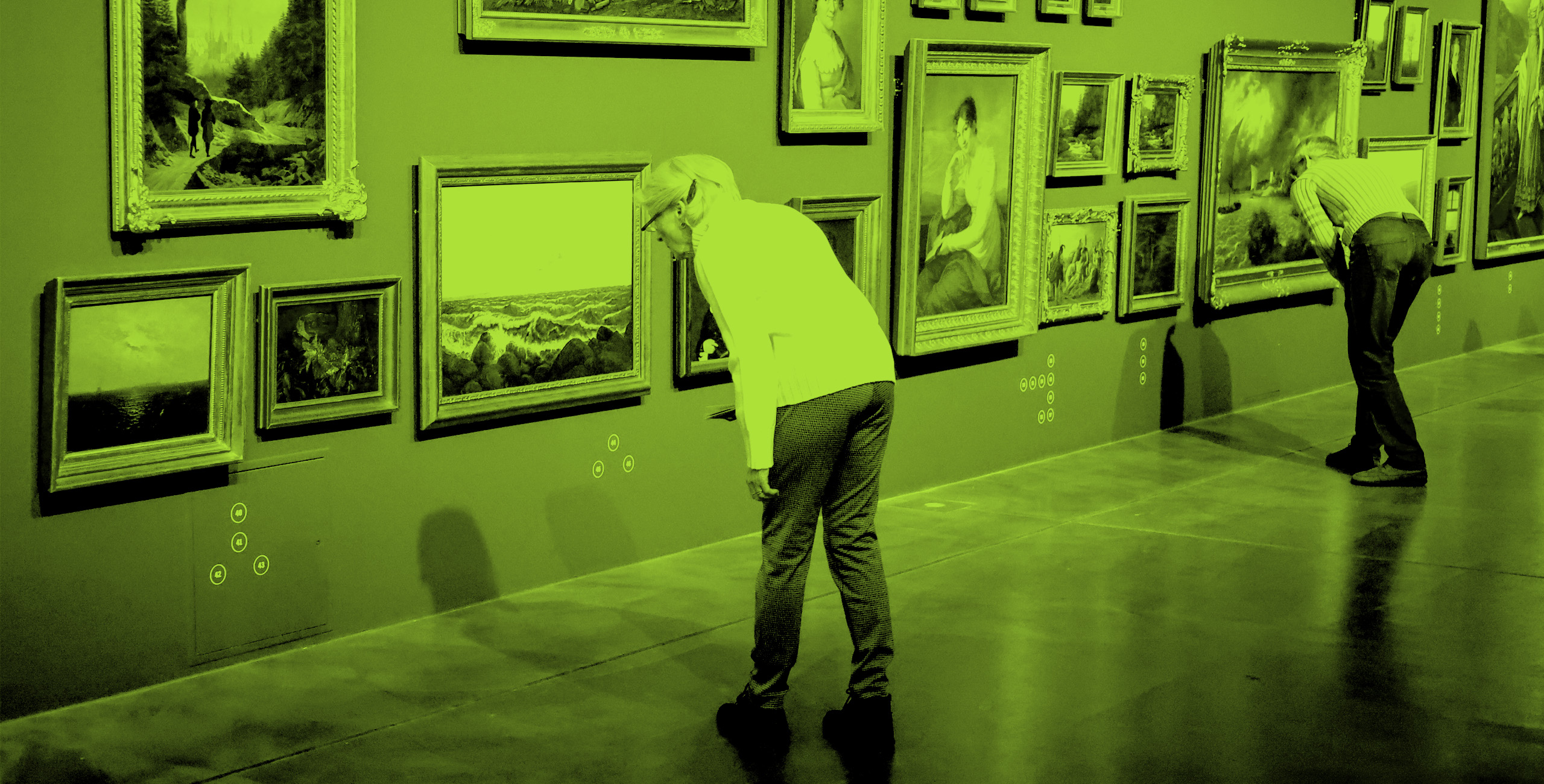
Our Officers
President
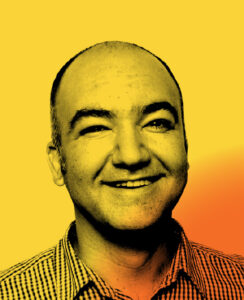
Oshin Vartanian
University of Toronto, Canada
Secretary-General

Edward Vessel PhD
City College of New York
Treasurer
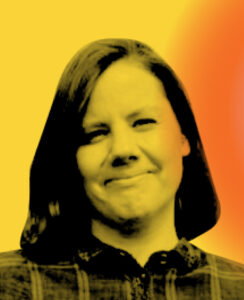
Rebecca Chamberlain
Goldsmiths, University of London, UK
Board of Directors
Joerg Fingerhut, Germany, 2026–2030
Melanie Wald-Fuhrmann, Germany, 2026–2030
Kohinoor Darda, India, 2026–2030
Aenne Brielmann, UK, 2023–2028
Guido Orgs, UK, 2022–2026
Amy Belfi, USA, 2022–2026
Eva Specker, Germany, 2022–2026
Gregor Uwe Hayn-Leichsenring, Germany, 2022–2026
Former Presidents
Robert Francés, France, 1965–1969
Irvin Child, USA, 1973–1975
Daniel Berlyne, Canada, 1970–1971
Pavel Machotka, USA, 1983–1985
Francois Molnar, France, 1985–1990
Gerald Cupchik, Canada, 1990–1994
Colin Martindale, USA, 1994–1998
Dean Keith Simonton, USA, 1998–2000
Paolo Bonaiuto, Italy, 2000–2004
Paul Locher, USA, 2004–2008
Holger Höge, Germany, 2008–2012
Anjan Chatterjee, USA, 2012–2014
Helmut Leder, Austria, 2014–2018
Thomas Jacobsen, Germany, 2018–2022
Former Vice-Presidents
Daniel Ellis Berlyne, Canada, USA
Yvonne Bernard, France
Paolo Bonaiuto, Italy and Greece
Frans Boselie, The Netherlands and Scandinavia
Irvin Child, USA, Canada
M. Choynowski, Poland
Alamir Correa, South America
Ray Crozier, Great Britain
Gerald Cupchik, Canada, USA
Hartmut Espe, German speaking countries
Andras Farkas, East Europe
Richard Forsyth, England
Joao Frois, Spain & Portugal
Alf Gabrielsson, Scandinavia
Carmelo Genovese, Italy
Anna Maria Giannini, Italy & Greece
Hana Gottesdiener, France
Vittoria Giuliani, Italy
Laszló Halász, Hungary and East Europe
Al Muhammadi Majeed Hameed, Middle East
Robert Hogenraad, Belgium & The Netherlands
Roccio Hernandez-Pozo, Latin America
Martin Krampen, German speaking countries
Shulamith Kreitler, Israel
Janos Laszlo, East Europe
Willem Levelt, The Netherlands/Scandinavia
Peng Lixun, China & Far East
P. Livingstone, Scandinavia
Stefano Mastandrea, Italy
Dean McKenzie, Australia & New Zealand
Chris McManus, United Kingdom
Francoir Molnar, France
Seiichiro Namba, Japan
Will van Peer, Belgium
Vladimir Petrov, Russian Federation
Ralph Pickford, Great Britain
S. Plotnikov, USSR
George Shortess, USA, Canada
Lisa Smith, USA
A. Sychra, CSFR
Elbert Temme, The Netherlands/Scandinavia
Anne Theron, Africa
R. Volmat, France
M. Wallis, Poland
Albert Wellek, German speaking countries
Andrew Winston, Canada
Alberto Zani, Italy
Research Groups
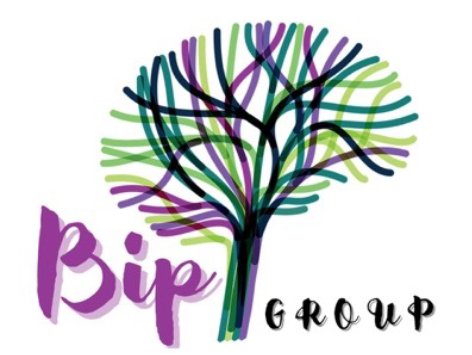
Plasticity and Behavior Changes (BIP) research group
Institution: Department of Psychology
Affiliation: University of Turin, Italy
PI: Irene Ronga
At the BraIn Plasticity and Behavior Changes (BIP) research group, we study the neural underpinnings and behavioural consequences of core cognitive functions such as learning, attention, and memory.
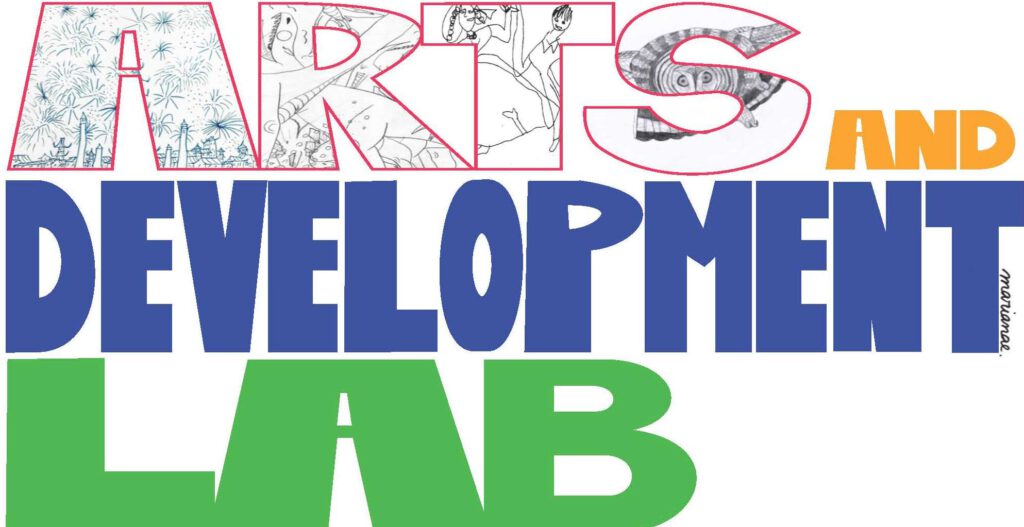
Arts and Development Lab
Affiliation: Brooklyn College, Brooklyn, NY, USA
PI: Jen Drake
The Arts and Development Lab at Brooklyn College focuses on the psychology of the visual arts. We examine the affective benefits of engaging in artistic and creative activities as well as the cognitive and perceptual abilities that underlie the ability to draw realistically in children and adult artists.
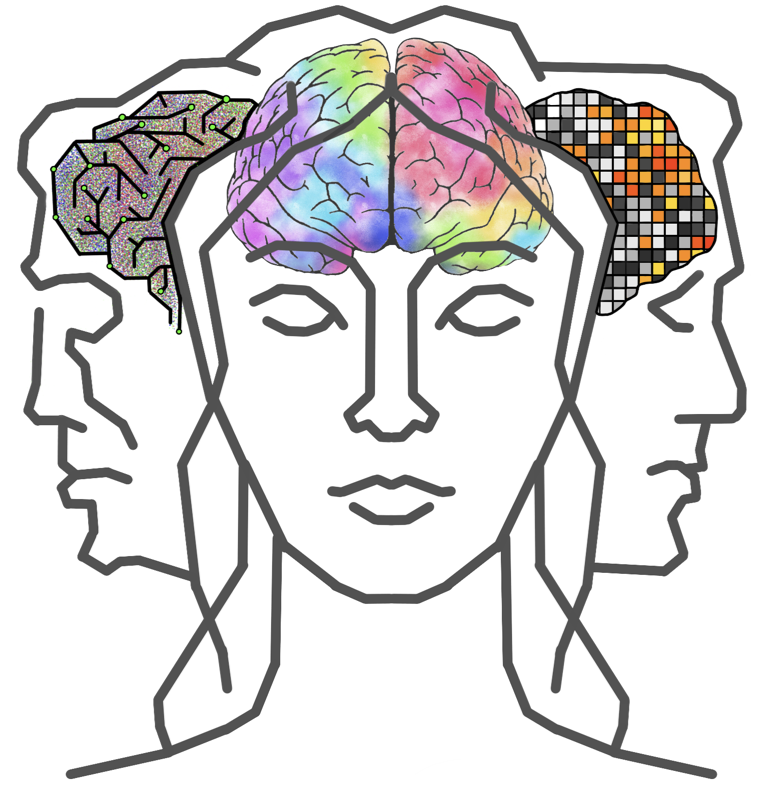
Visual NeuroAesthetics (VisNA) Lab
Affiliation: The City College of New York, New York City, NY, USA
PI: Edward A. Vessel
The VisNA Lab investigates the psychological and neural basis of aesthetic valuation, creativity and curiosity using a combination of behavioral methods, computation, brain imaging and physiology.
Aesthetics & Learning Lab (ALL)
Affiliation: Leibniz Institute for Knowledge Media, Tübingen, Germany
PI: Prof. Eva Specker
The Aesthetics & Learning Lab (ALL) aims to understand how aesthetic experiences can be a source of learning and what can be learned from aesthetic experience.

Experimental Psychology Unit (EPU)
Institution: Faculty of Humanities and Social Sciences
Affiliation: Helmut-Schmidt-University, Hamburg, Germany
PI: Prof. Dr. Thomas Jacobsen
The Experimental Psychology Unit specializes in neurocognitive psychology, with a strong focus on auditory processing, language, aesthetic perception, and executive functions.

Music Mind and Brain (MMB)
Affiliation: Goldsmiths, University of London, UK
PI: Diana Omigie and Manu Anglada Tort
The Music, Mind, and Brain (MMB) Group studies the biological and cognitive foundations of musical experience and behaviour, and their impact on society and culture.
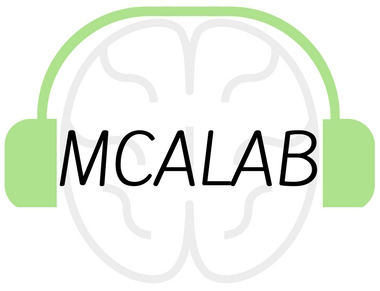
Music Cognition and Aesthetics Lab
Institution: Department of Psychological Science
Affiliation: Missouri University of Science and Technology, USA
PI: Amy Belfi
Our lab uses behavioral, psychophysiological, and neuroimaging methods to investigate topics including music preferences, emotional responses to music, and music-evoked memories.
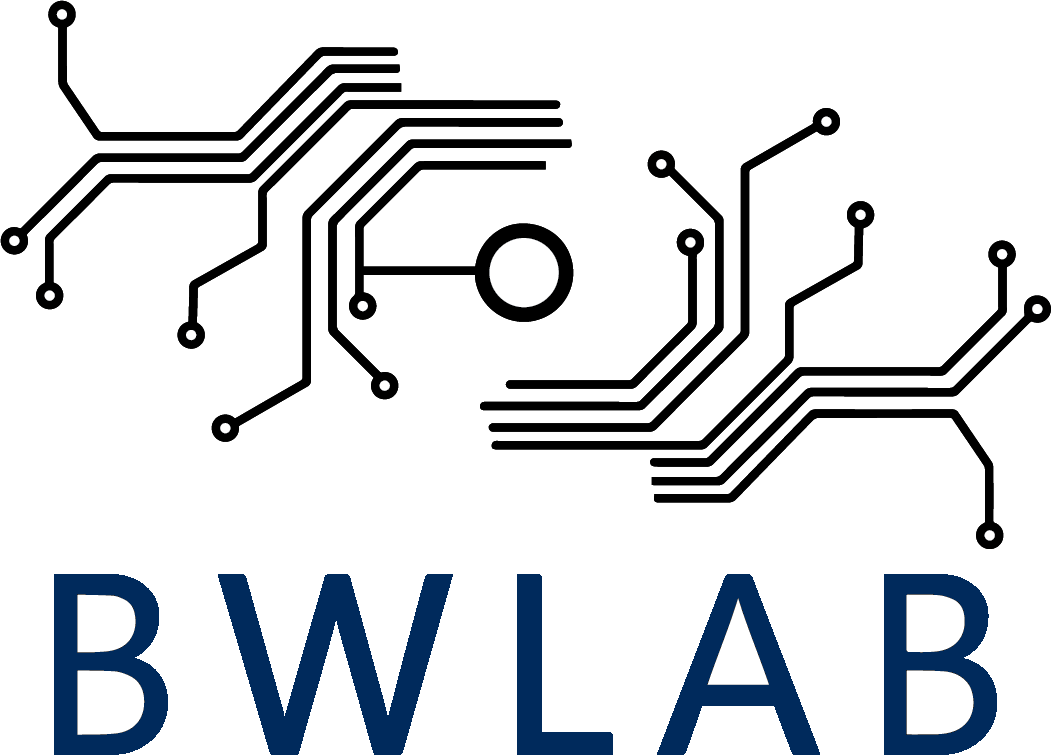
Bernhardt-Walther Lab
Affiliation: University of Toronto, Ontario, Canada
PI: Dirk Bernhardt-Walther
The Bernhardt-Walther Lab at the University of Toronto investigates the neural and computational principles of high-level sensory perception, including the representation of shape in real-world scenes, perceptual organization, and empirical aesthetics.
The NeuroArts Lab
Affiliation: McMaster University in Hamilton, Ontario, Canada
PI: Steven Brown
The lab’s work is devoted to developing a unified view of the arts in their collectivity.
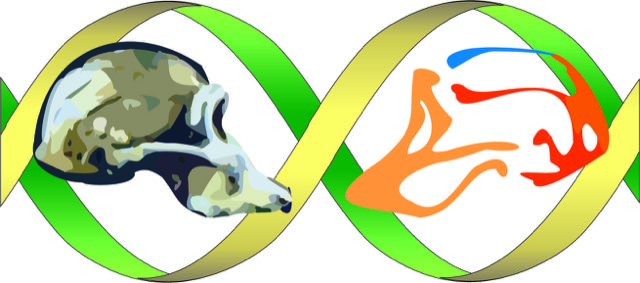
Human Evolution and Cognition Group (EvoCog)
Institution: Faculty of Psychology
Affiliation: University of the Balearic Islands, Palma de Mallorca, Spain
PI: Enric Munar
EvoCog focuses on psychological and cognitive aspects of human nature, primarily on two traits of human beings: aesthetic cognition and moral behavior.

Penn Center for Neuroaethetics
Affiliation: University of Pennsylvania, Philadelphia, PA, USA
PI: Anjan Chatterjee
We study the aesthetics of people, places, and things (art), through a biological lens.

Empirical Aesthetics Jena (EAJ)
Institution: Institute for Anatomy I
Affiliation: University Hospital Jena, Jena, Germany
PI: Gregor U. Hayn-Leichsenring
Our group explores how visual features influence aesthetic experience, combining image analysis with philosophical insights into the language and concepts of aesthetics.
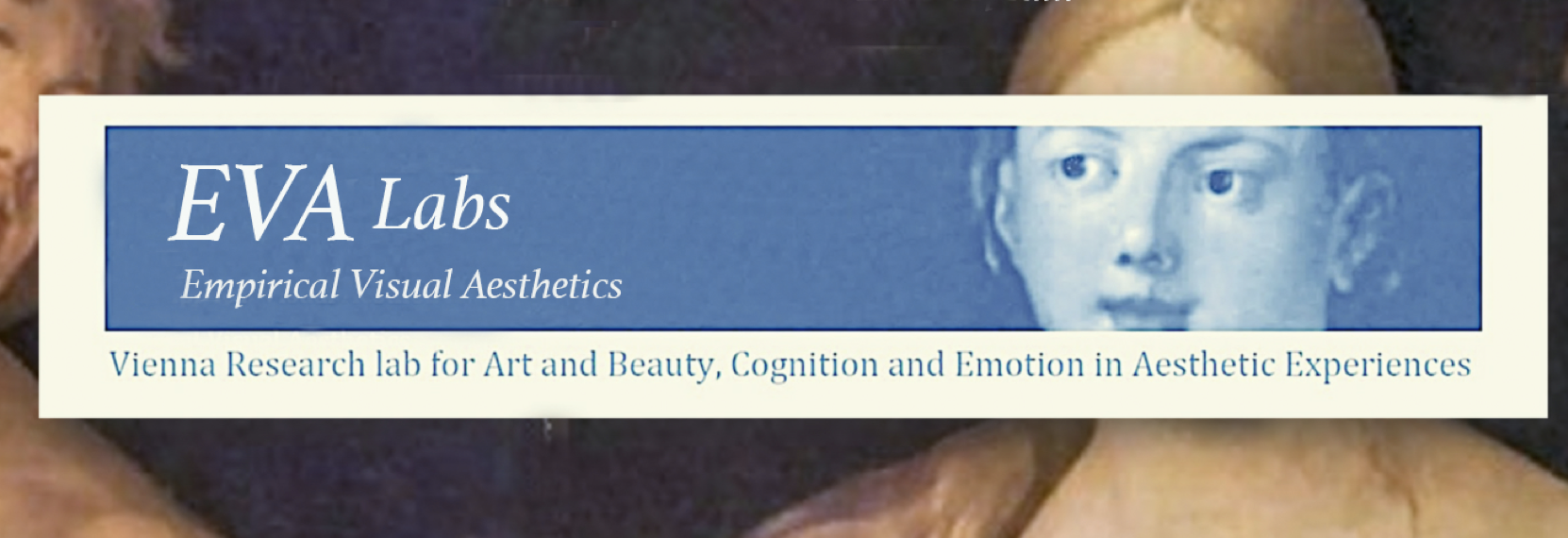
Eva-Labs Vienna
Institution: Faculty of Psychology
Affiliation: University of Vienna, Austria
PI: Helmut Leder
The Empirical Visual Aesthetics (EVAlabs), were founded in 2004 and is recognized as the earliest department with a specific research focus on Visual Empirical Aesthetics in Psychology.
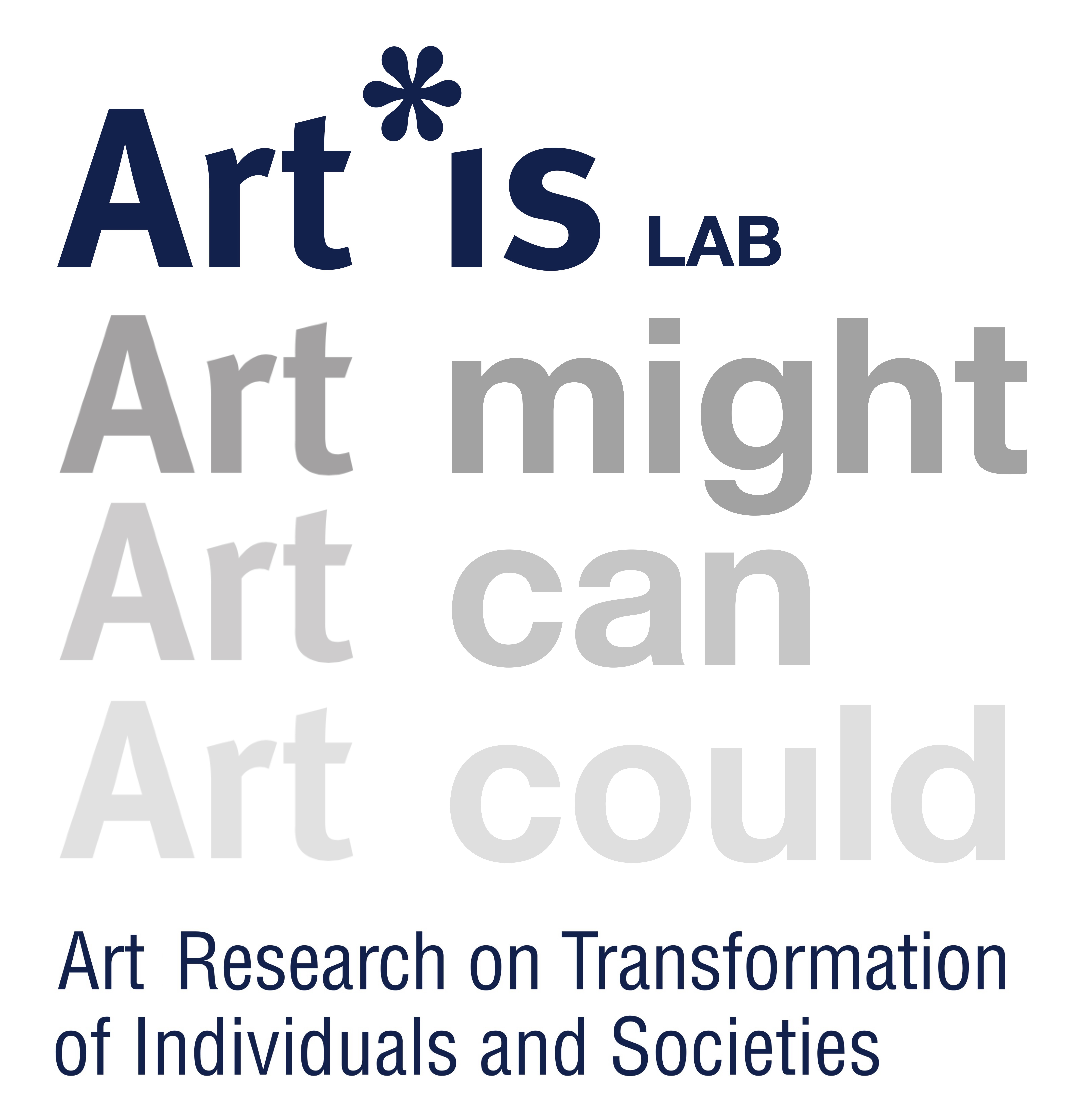
ARTIS Lab (Art Research on Transformations of Individuals and Society)
Institution: Faculty of Psychology
Affiliation: University of Vienna, Austria
PI: Matthew Pelowski
We are focused on exploring, understanding, and applying, the cognitive, affective, and neuro-physiological processes in our interactions with the designed environment and with visual art.
Via institutional, artistic, and policy partners, we consider Art’s potential as a transformative agent in impacting our beliefs, our behaviors, our health, and our bodies with a focus on collaborative,
transdisciplinary, evidence-based research.
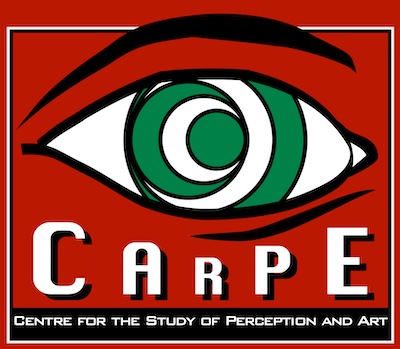
Centre for the Study of Perception and Art (CArPe)
Institution: Department of General Psychology
Affiliation: University of Padova, Italy
PI: Marco Bertamini
The group brings together researchers working on related areas (Psychology of art; History of art; Creativity; Music; Art therapy and well-being, Preference; Neuroaesthetics; Film studies).
GestaltReVision group
Affiliation: KU Leuven, Belgium
PI: Johan Wagemans
We conduct research on topics at the intersection between perceptual organization, visual aesthetics, and visual arts, using a variety of research methods.
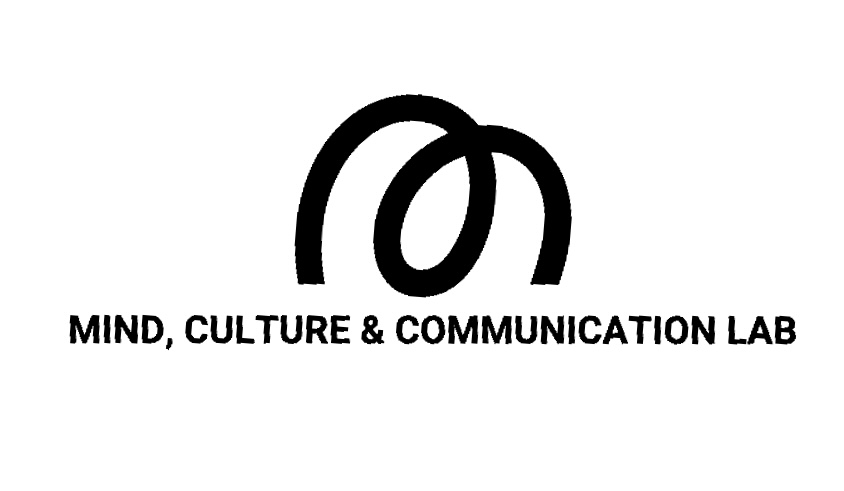
Mind, Culture & Communication Lab
Institution: Research Center in Communication Psychology (PsiCom)
Affiliation: Catholic University of Milan, Italy
PI: Marta Pizzolante & Andrea Gaggioli
The group is dedicated to exploring the intersection of mind, culture, and communication processes, with the aim of enriching our understanding of the world.
If you want your group to be added to the list, please contact us.
